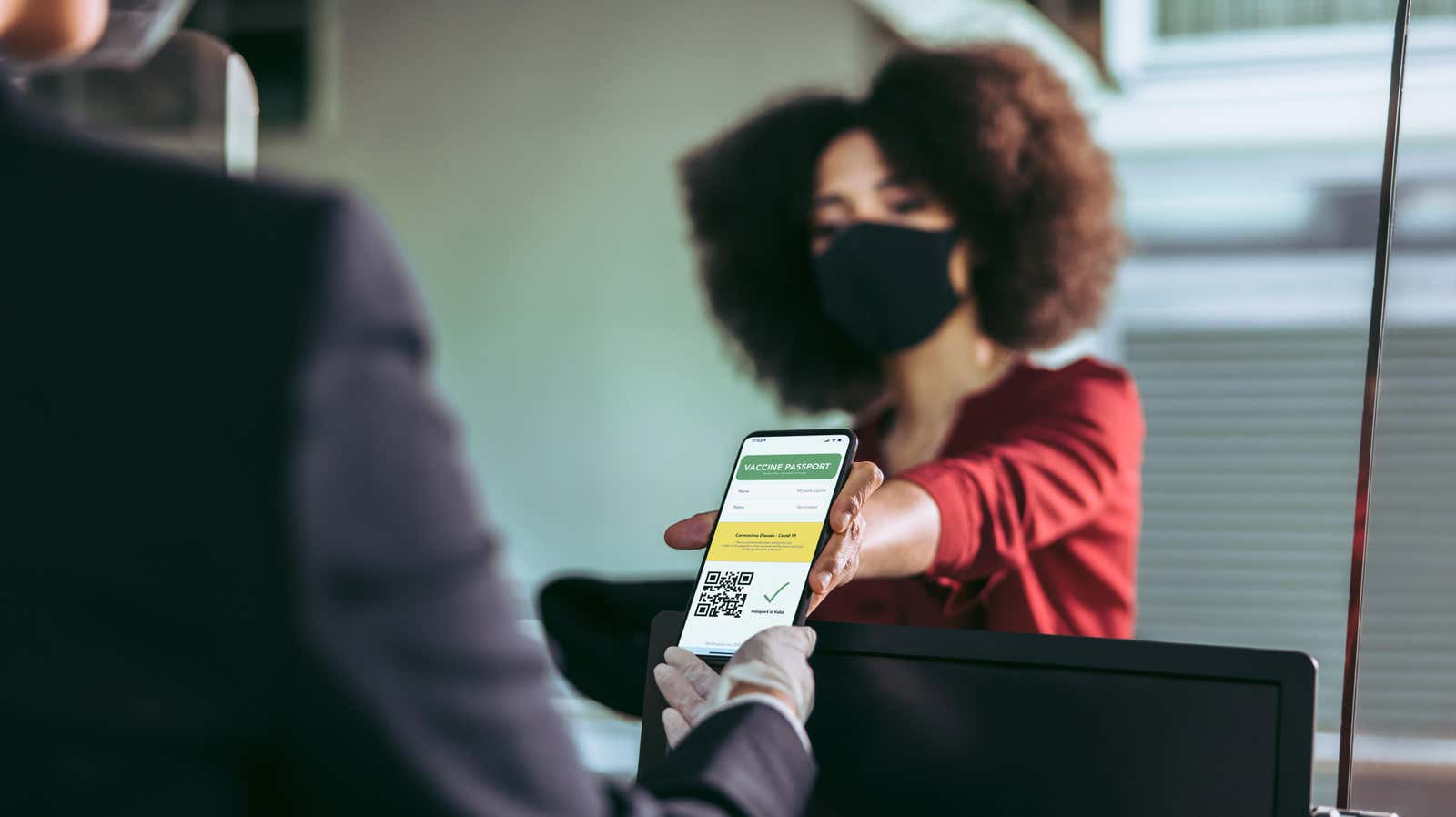Don’t Fall Victim to This TSA PreCheck Scam

The 2020 holiday season hasn’t been a picnic, but it looks like 2021 will have its challenges. While vaccines are available to the vast majority of Americans who want them, we are still at the center of a global pandemic, grappling with the latest worrying new option . While things don’t look quite what we thought, many people have chosen to travel this holiday season, including by plane. In this case, it may be tempting to obtain (or renew) a TSA PreCheck membership so that at least one part of the process goes smoothly.
Unfortunately, scammers see value in PreCheck as well. Here’s what you need to know about the latest TSA PreCheck scams and how to avoid them.
How to detect and avoid TSA PreCheck scams
Even though you can usually spot a phishing email a mile away, scammers have increased their effectiveness this year, according to former FBI analyst Crane Hassold. “Unlike other types of scams that we see every day, these scam emails from TSA PreCheck are actually quite complex, ” he told The Ascent in a recent interview . “The usual red flags that we tell people to watch out for aren’t really there.”
Even if the email is free of spelling errors, grammatical errors, and slightly sloppy versions of TSA logos, there is still a little something to check to avoid these scams: namely, the sender’s email address and how they ask for money.
“Consumers should always check that the web address they visit to register for TSA PreCheck ends in .gov,” TSA spokesman R. Carter Langston recently told Forbes . “Any website that claims to allow consumers to register with TSA PreCheck but does not end with ‘.gov’ is not an official TSA PreCheck website and consumers are not required to provide personal or payment information.”
Another important red flag appears when it’s time to pay for renewals or registrations. There are usually several ways to pay for government services, Hassold said, but scammers only give you the option to use PayPal.
“[The link in the email] will actually take you to the PayPal page where the scammer actually created his account, ” he told Forbes . “They don’t accept credit card information, but they have all of your identification information listed earlier in the app.”
Or, better yet, do not purchase or renew your TSA PreCheck membership by clicking on the link emailed to you. Instead, go directly to the TSA or Homeland Security website. Like their email addresses, their URLs will end with .gov, not .com, .org, or whatever.
How to report fraud
So what exactly are the scammers pursuing? In addition to pocketing your renewal / registration fees, they now also have your personal information that they can “sell on the dark web or use themselves to create fake personal data that could be misused ,” reports CBS17 …
If you receive an email and suspect it is a scam, or end up clicking on a bad link yourself, TSA recommends the following :
- Report fraud to your local police station.
- Submit your report to the FTC website .
- Contact your credit card issuer or bank and inform them of any fraudulent payments.
In the event that your credit card information falls into the wrong hands, you will have to deal with it through your bank or credit card company: TSA explicitly states on its website that it “will not issue refunds to applicants who try to register at TSA PreCheck via a fraudulent website. “